- Home Page
- Company Profile
-
Our Products
- Water Bar
- Gate Seals
- Elastomeric Bearing Pads
- Plastic Products
- Light Duty Industrial Belts
- Engineering Plastic Components
- HDPE Sheets And Rods
- Nylon Sheets and Rods
- Phenolic Sheets
- PolyAcetal Sheets And Rods
- PolyPropylene Sheets And Rods
- PVC Rigid Sheets
- Rubber Vacuum Rings
- Silicone Vacuum Rings For Laminated Glass
- Angle Shaped Seals
- Flat Wedge Seal
- Musical Note Seals Hollow Bulb
- Solid Bulb Musical Note Seals
- Double Stem Seals
- Double Bulb Seal
- Silicon Rubber Pipe
- Silicone Rubber Products
- Polyurethane Products
- Bellows & Expansion Joints
- Inflatable Seals & Insert Seals
- Vacuum Suction Bags & Rings
- Seals for Hydraulic & Pneumatic Cylinders
- Water Stopper
- Oil Seals & Shaft Seals
- Flexible Storage Tanks
- EPDM Membrane
- Moulded Rubber Products
- Conveyor Belts
- Diaphragms
- Electrical Insulation Materials
- Solid Rubber Tyres
- UHMW Sheets
- Polystyrene Foam Board
- Extruded Rubber Products
- Rubber Sheet
- Rubber Seal
- Cast Nylon Products
- Molded Rubber Products
- Expansion Joint Filler Board
- Bio Inflatables
- Engineering Plastics
- Hoses
- Construction & Infrastructure Products
- PTFE Products
- Earthmoving Machinery Parts
- Bearing Pads
- Extruded PVC Product
- Industrial Products
- Polymer Based Expansion Joint Filler Board
- Latex Sheet Esmarch Bandage
- Gate Seal - PTFE Cladded
- Silicone Rubber Products
- Hollow Mats
- Gate Seal Double Bulb Type
- Silicone Cord
- Polystyrene Joint Filler Board
- Polyisoprene Sheet Medical
- Bitumen Impregnated Expansion Joint Filler Board
- Silicone Rubber Sleeves
- Sponge Sheet - Silicone
- Rubber Seal
- Polyisopene Sheet Drape
- Expanded Polystyrene Board
- Wedge Seal
- O ring Kit Red Box
- Expansion Joint Filler Board
- Silicone Profile
- O ring Kit - Blue Box
- Dam Gate Seals
- Anti Skid Rubber Rolls
- Bonded Seal
- Braided Silicone Tube
- Anti Skid Rubber Mats
- Silicone Rubber Tubes
- Nitrile NBR Rubber Insulation Sheets
- Rubber Sheets
- Hydraulic Seals
- Transformer Accessories
- Insert Seal
- Rubber Gasket
- Gas Sampling Bladders
- Extruded Rubber Profiles
- Biofloc Fish Tank
- Rubber Sealing Ring
- Bridge Expansion joints
- Latex Sheet
- Dowty Seals
- Electrical Insulation Mats
- Helium Gas Bag
- Metallic Gasket
- Backer Rod
- Polysulphide Sealant
- Dock Fender
- Kevlar Rope
- More Info.
- Contact Us


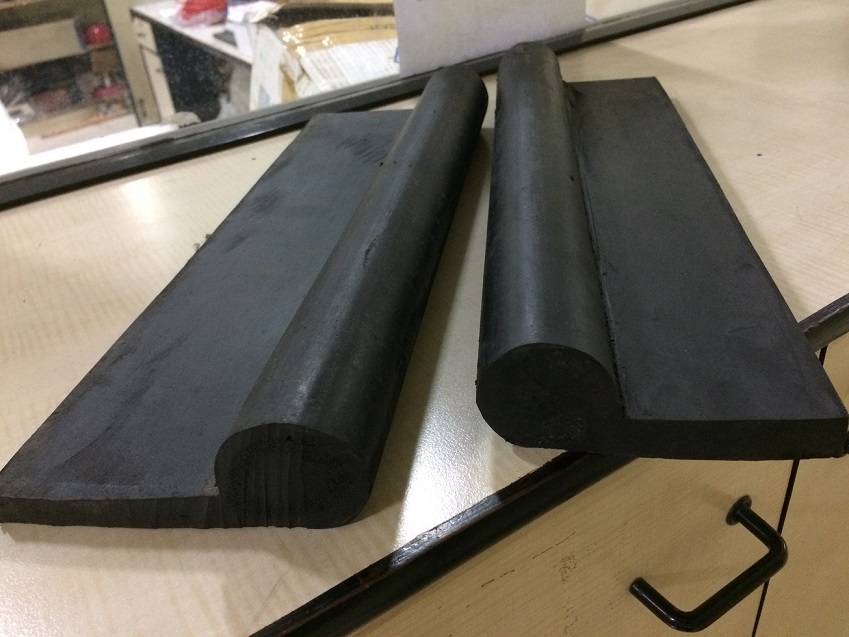
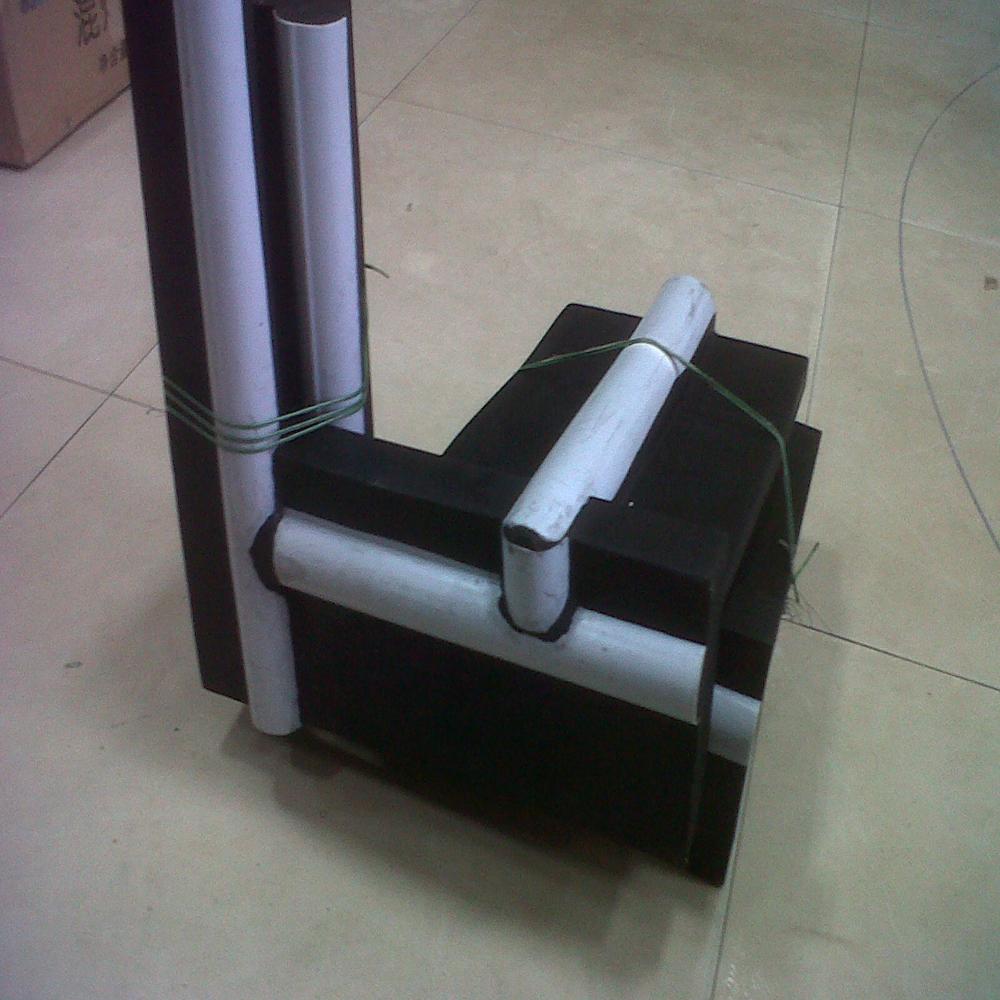
Gate Seal
1500.0 INR/Piece
Product Details:
- Usage Industrial
- Material Rubber
- Size Different Available
- Color Black
- Click to view more
X
Gate Seal Price And Quantity
- 2 Piece
- 1500.0 INR/Piece
Gate Seal Product Specifications
- Rubber
- Industrial
- Black
- Different Available
Gate Seal Trade Information
- 100 Piece Per Week
- 8-10 Days
Product Description
A gate seal is a mechanical device used in industrial settings to prevent fluid or gas leakage from a valve. It is typically installed on gate valves, which are used to control the flow of fluids or gases in a pipeline.
Gate seals are designed to provide a tight seal between the gate and the body of the valve when the gate is closed. This is accomplished through the use of a flexible sealing element, such as an elastomeric O-ring or a metal-to-metal contact seal. The sealing element is compressed against the gate by a mechanical force, typically provided by a handwheel or actuator.
Gate seals are commonly used in industries such as oil and gas, chemical processing, and water treatment. They are important for maintaining the safety and efficiency of these systems by preventing leaks that could lead to equipment damage, environmental contamination, or safety hazards.
Gate Seal Features:
Gate seals have several key features that make them effective in preventing fluid or gas leakage from gate valves. Some of these features include:
1. Sealing materials: Gate seals can be made from a variety of materials, such as elastomers, metal, or plastic, depending on the application requirements. Elastomeric materials like Nitrile, EPDM, Viton etc. are most common.
2. Flexibility: Gate seals are designed to be flexible and compressible, allowing them to create a tight seal against the gate of the valve even if there are slight variations in the gate position or body surfaces.
3. Pressure resistance: Gate seals are designed to withstand high pressure and temperature conditions that are often present in industrial applications.
4. Durability: Gate seals are typically made from materials that are resistant to wear and tear, chemicals, and other environmental factors that could cause degradation over time.
5. Easy installation and maintenance: Gate seals are designed to be easy to install and maintain, often requiring simple hand tools for installation or replacement.
6. Compatibility: Gate seals are compatible with a wide range of gate valve types and sizes, allowing for easy customization and versatility in various industrial applications.
Overall, gate seals play a critical role in ensuring the safety, reliability, and efficiency of industrial systems by preventing leaks and ensuring proper fluid or gas flow control.
Gate Seal Applications:
Gate seals are widely used in various industrial applications to prevent fluid or gas leakage from gate valves. Some common applications of gate seals include:
1. Oil and Gas Industry: Gate seals are used in pipelines and valves that transport oil and gas to prevent leaks that could lead to environmental contamination or safety hazards.
2. Chemical Processing: Gate seals are used in chemical processing equipment and pipelines to prevent the release of hazardous chemicals and maintain process efficiency.
3. Water Treatment: Gate seals are used in water treatment facilities to prevent the leakage of contaminated water and ensure the proper treatment of wastewater.
4. Power Generation: Gate seals are used in power plants to prevent the leakage of steam, gas, or water from turbines, boilers, and other equipment.
5. Food and Beverage Industry: Gate seals are used in the processing and transportation of food and beverages to prevent contamination and ensure product quality.
6. Pharmaceutical Industry: Gate seals are used in the manufacturing and transportation of pharmaceutical products to prevent contamination and ensure product safety.
Overall, gate seals are used in a wide range of industrial applications where fluid or gas control and containment are critical for maintaining safety, reliability, and efficiency.
Frequently Asked Questions:
1. What is a gate seal?
Ans: A gate seal is a mechanical device used in industrial settings to prevent fluid or gas leakage from a valve. It is typically installed on gate valves, which are used to control the flow of fluids or gases in a pipeline.
2. What are gate seals made of?
Ans: Gate seals can be made from a variety of materials, such as elastomers, metal, or plastic, depending on the application requirements. Elastomeric materials like Nitrile, EPDM, Viton etc. are most common.
3. What is the purpose of a gate seal?
Ans: The purpose of a gate seal is to provide a tight seal between the gate and the body of the valve when the gate is closed, preventing fluid or gas leakage from the valve.
4. What types of gate seals are there?
Ans: There are several types of gate seals, including elastomeric O-ring seals, metal-to-metal contact seals, and spring energized seals.
5. What is the importance of gate seals?
Ans: Gate seals are important for maintaining the safety and efficiency of industrial systems by preventing leaks that could lead to equipment damage, environmental contamination, or safety hazards.
6. How are gate seals installed?
Ans: Gate seals are typically installed by compressing the sealing element against the gate using a handwheel or actuator. The seal is then tightened to create a tight seal between the gate and the valve body.
7. How do you maintain gate seals?
Ans: Gate seals should be inspected regularly for signs of wear and tear, and should be replaced if they are damaged or worn. They should also be lubricated regularly to ensure proper operation.
8. What factors should be considered when selecting a gate seal?
Ans: Factors to consider when selecting a gate seal include the type of fluid or gas being transported, the temperature and pressure of the system, and the compatibility of the sealing material with the application.
Tell us about your requirement

Price:
Quantity
Select Unit
- 50
- 100
- 200
- 250
- 500
- 1000+
Additional detail
Mobile number
Email





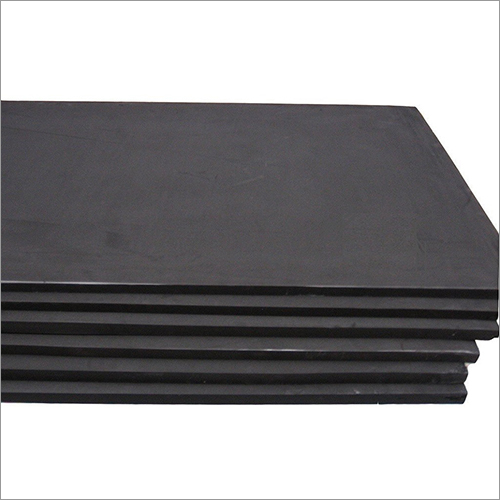

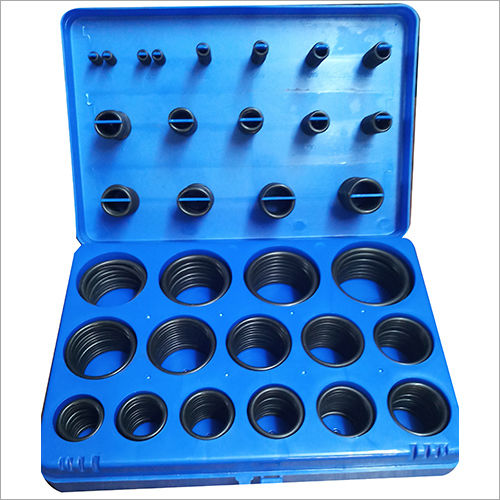
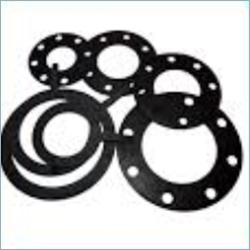
 Call Me Free
Call Me Free
 English
English Spanish
Spanish French
French German
German Italian
Italian Chinese (Simplified)
Chinese (Simplified) Japanese
Japanese Korean
Korean Arabic
Arabic Portuguese
Portuguese